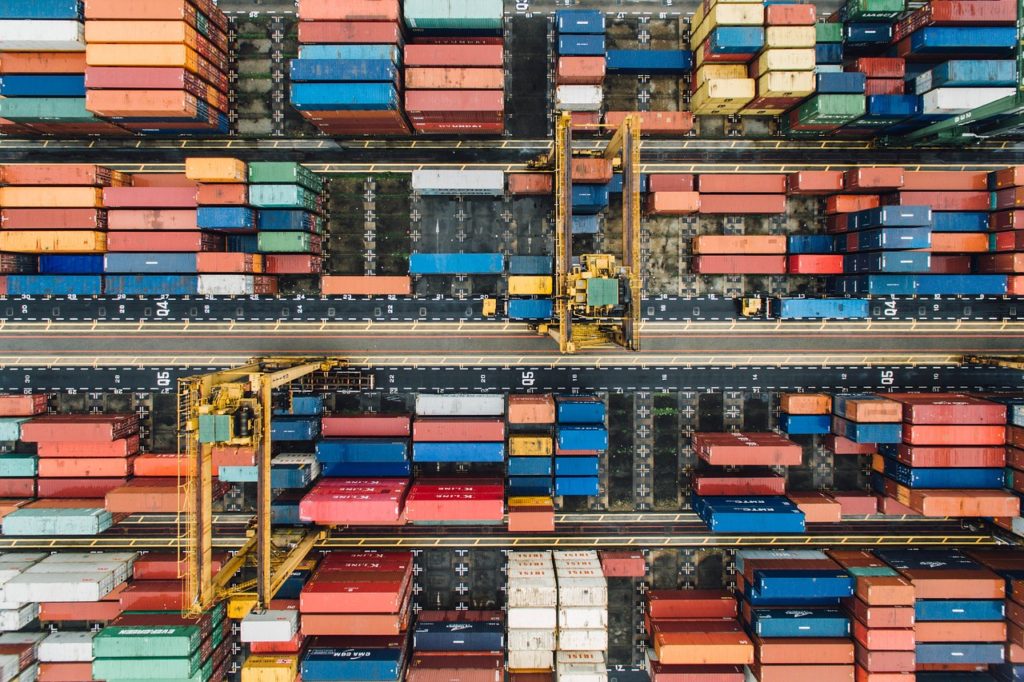The United Kingdom Government considers Brexit as an opportunity to create
up to ten new innovative free ports across the UK, to level up the country.
What are free ports?
As a generic term, free ports are understood as an area that is inside the
geographic delimitation of a country, in which the standard tariffs and export/
import procedures of the host country do not apply or rules are heavily softened.
However, if the goods depart out of the free port into the rest of the country the
tariffs and taxes apply accordingly.
Free ports are usually localized in or close to airports, seaports and river ports.
What are the advantages and disadvantages of free ports?
Supporters of free ports allege that it attracts business and boost trade and manufacturing industry.
For instance, the individual pieces of assembling a car are produced in different
countries, in a free port scenario the manufacturer could import all those pieces,
saving costs, to a factory within a free port area.
In a free port goods can be brought in customs free, processed or stored and
then re-exported. Conversely, critics warn the risk of free ports being used to
avoid tax and launder money.
Does the EU prevent the creation of free ports?
No, free ports are permitted in the EU. In the majority of the countries, these
free ports existed before becoming members of the EU. In fact, seven free ports
located in UK operated from 1984 to 2012. Currently, there are not free ports in
UK, but there is one on the Isle Man.
Why UK Government consider that Brexit is an opportunity
to create free ports?
The UK Government argued that European free ports are more restricted and
limited when compared internationally. The UK Government would like to take
the opportunity Brexit brings to create new free ports following the American
model of Free Trade Zones.
The UK Government has argued that free ports could attract investment and
generate new jobs but critics say it could induce money laundering operations.
UK Government launches free ports consultation.
On 10 February 2020, the government has launched a consultation on creating
up to 10 free ports with special tariff and duty status with the objective of
opening it for business in 2021.
The consultation was intended to close on 20 April but the government
considers that key sectors with a special interest in this policy such as: local
government, ports and businesses, are facing challenges due to Covid-19.
Therefore, the Free ports consultation will be extended to close on 13 July.
Responses can be submitted through the existing gov.uk portal until this date.
